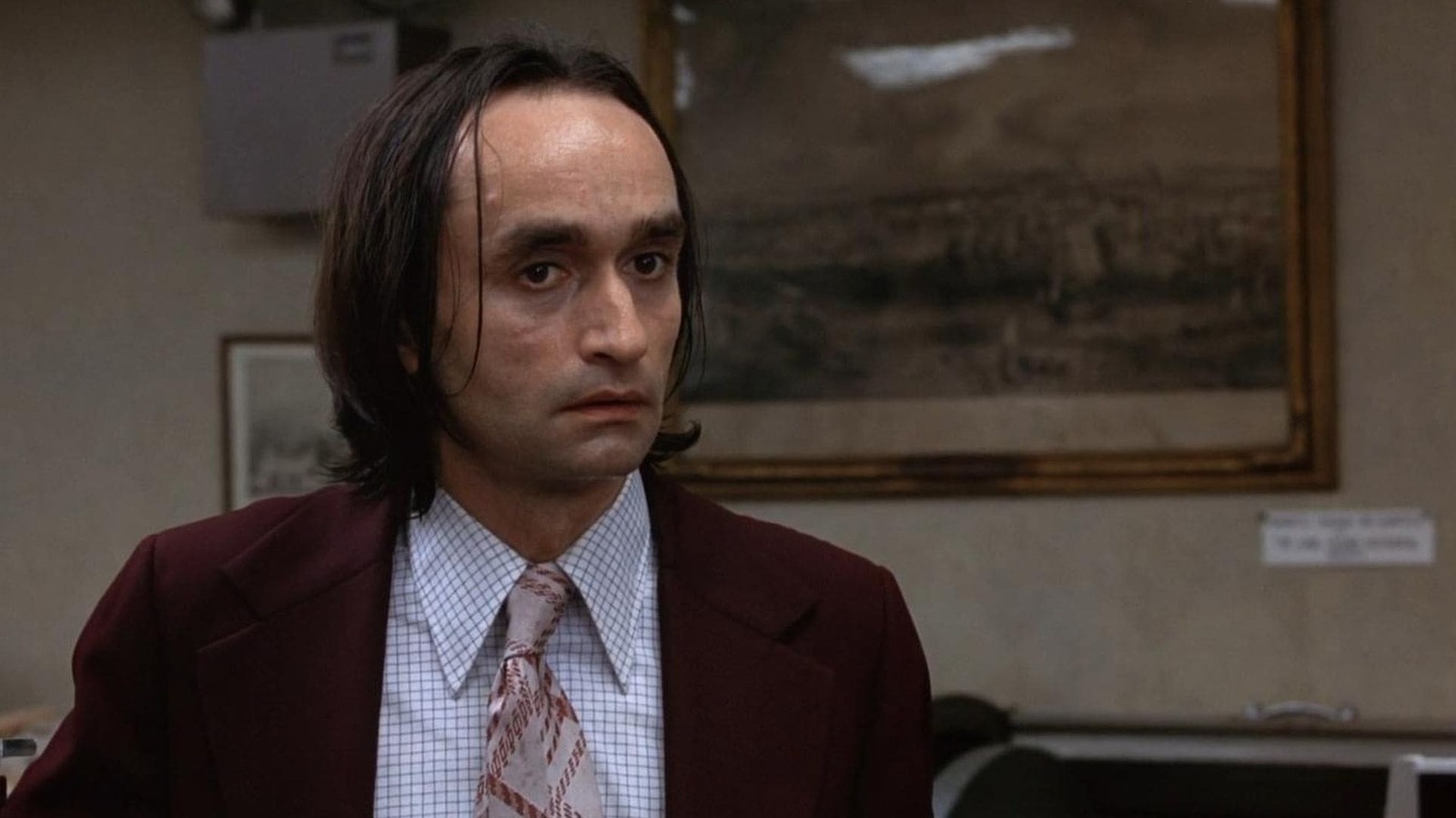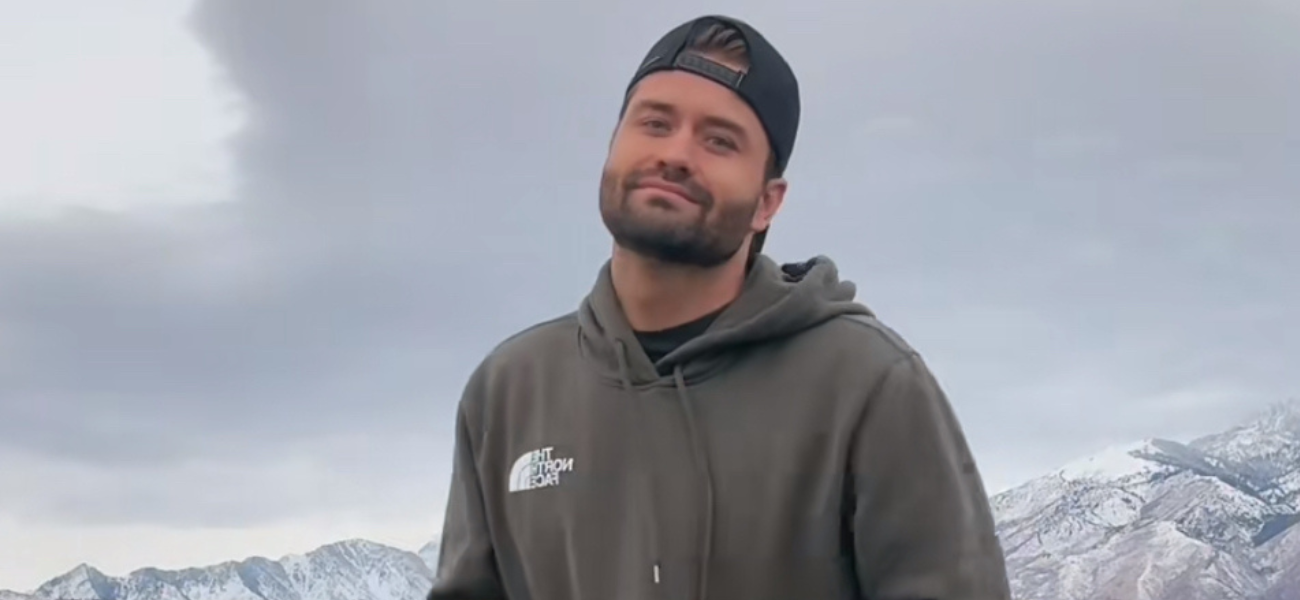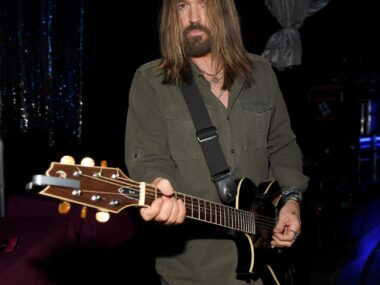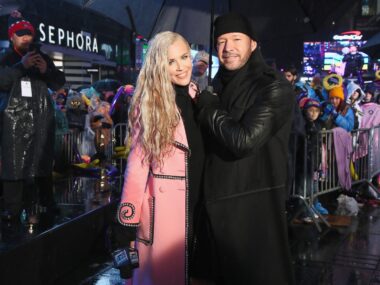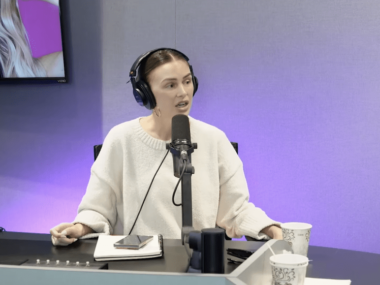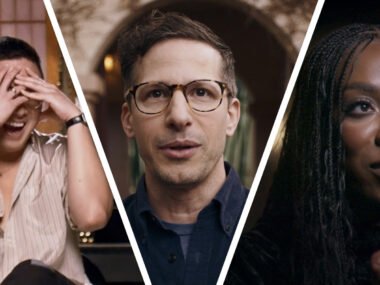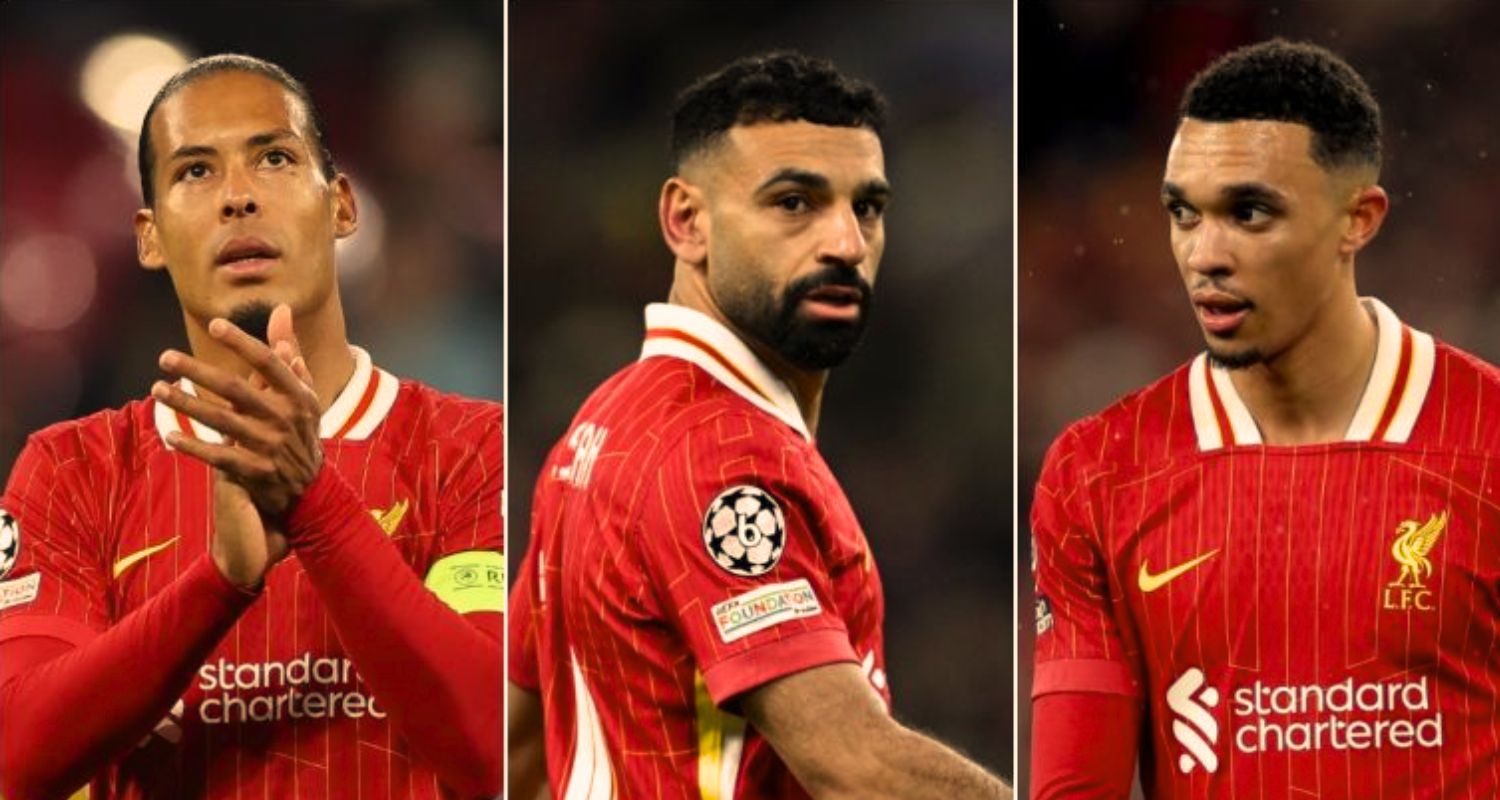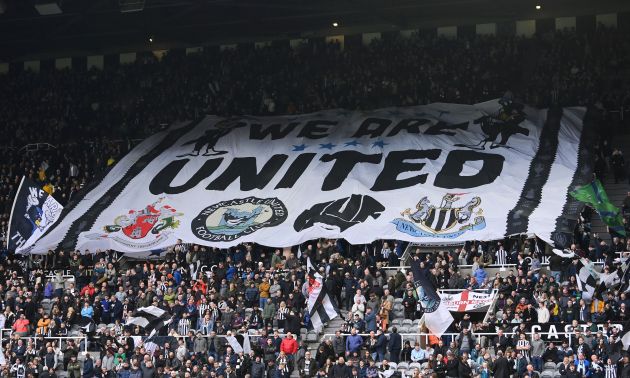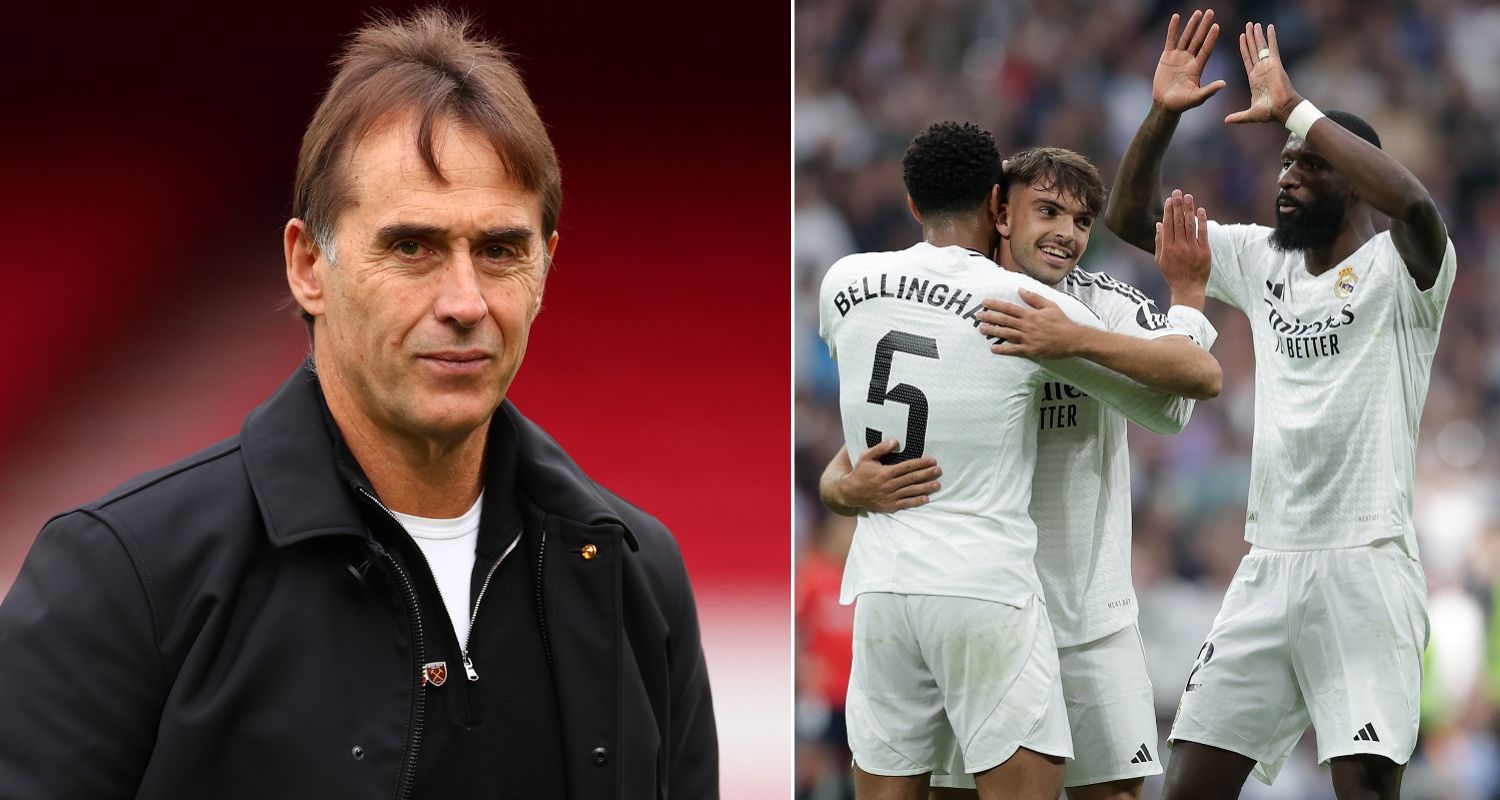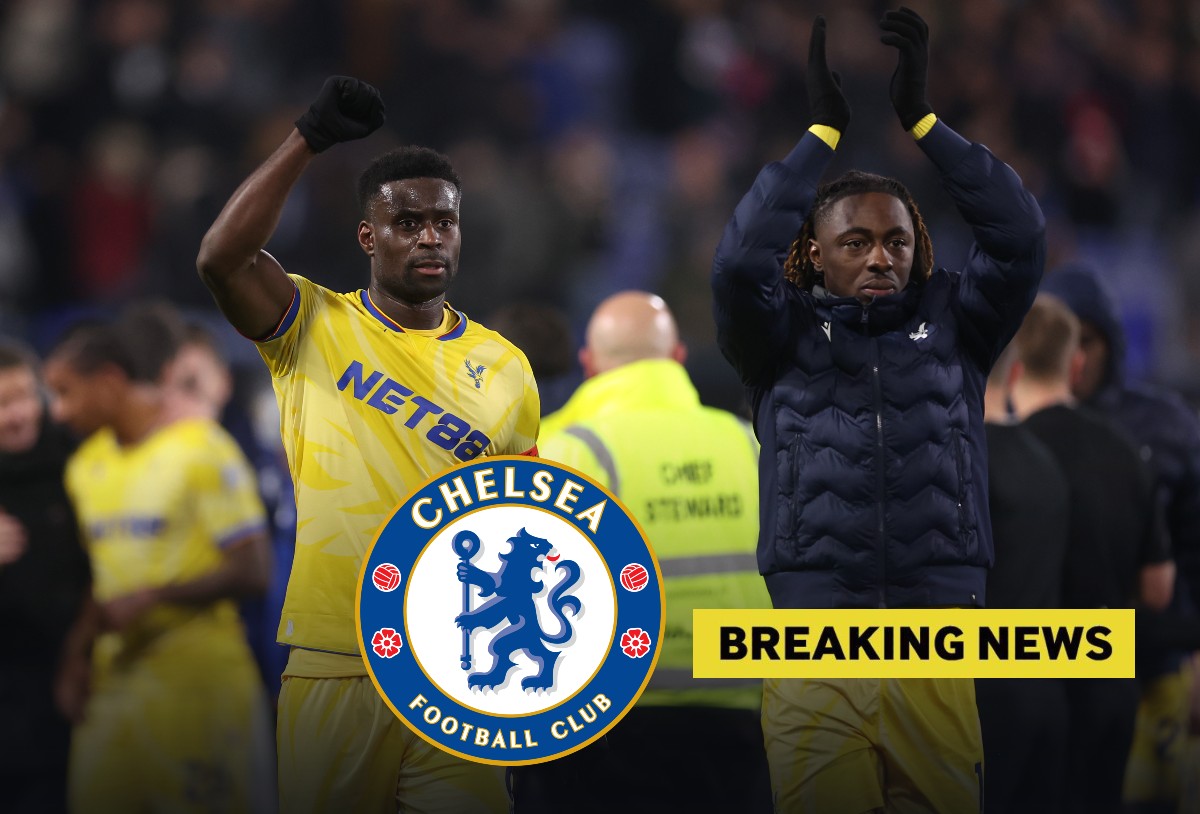Actor John Cazale is notable not only for his talents and intensity as a performer, but also for having one of the most impressive filmographies of any actor with a career as short as his. A prolific theater veteran, Kazale famously appeared in only five feature films before his untimely death from lung cancer in 1978 at the age of 42. However, these five films are often considered to be among the best and most important films of the 1970s. that says something.
Casale appeared in three Francis Ford Coppola films (“The Godfather”, “The Godfather Part II” and “The Conversation”), as well as Sidney Lumet's thrilling bank robbery drama Dog Day Afternoon and Michael Cimino's The Deer Hunter. In all of them, Kazale played supporting roles. Each of them was nominated for an Academy Award for Best Picture. Three of them won.
Kazale's film career was, of course, only a small part of his acting experience. Infamously guarded and shy, he made his stage debut in the 1962 play “JB”. He also appeared in several off-Broadway shows such as “Spoon River Anthology”, “The Iceman Cometh” and Shakespeare's “Measure for Measure” (playing the role of Angelo). In 1977, he was to make his Broadway debut, playing Agamemnon in the first play of Aeschylus' Oresteia trilogy. However, Cazale only starred in the show's first preview as he had to withdraw due to health reasons. Soon after, he was diagnosed with cancer.
All of Cazale's performances are tragic because you can see how much talent and presence he had on the big screen. Had he stayed healthy, there's reason to believe that Kazale would have continued to deliver amazing performances for interesting, ambitious filmmakers.
Of the five films in which he participated, / Film offers the following (perhaps controversial) assessment of their quality.
5. The Deer Hunter (1978)
Michael Cimino's intense Vietnam War drama The Deer Hunter is a brooding, thoughtful portrait of PTSD and its true depths. The film is about a small group of friends from a Slavic community in Pennsylvania who are drafted into the war in 1968. Robert De Niro plays the soft-spoken Mike Wronsky, while Christopher Walken won an Academy Award for playing Mike's suffering best friend Nick. more openly after his war experience. And their war experience was painful While soldiers, the young Americans were captured by the Viet Cong and forced to play Russian roulette games (although they eventually escaped).
John Cazale plays Stan, their hometown friend who regularly joined them on deer hunting trips. Casale had already been diagnosed with terminal cancer when he applied for the role, and the story goes that De Niro and co-star Meryl Streep (who was dating Casale at the time) had to petition for his job. He couldn't be insured, so De Niro also paid for his friend's insurance; He liked De Niro so much. Cazale died before “The Deer Hunter” was released.
However, “The Deer Hunter” ranks last because it's slow. The story of PTSD, war trauma and the horrors of combat is vivid and powerful, but Cimino's film opens with a 50-minute Robert Altman wedding sequence that feels oddly detached from the potential tragedy of war. Cimino, of course, tried to figure out who these characters were, but he took too long.
4. The Godfather (1972)
I may be bold in ranking Francis Ford Coppola's The Godfather as number four on any list, as it regularly tops most lists as one of the greatest films of all time. However, this is less about my personal taste and more about how amazing John Cazale's filmography is. It's also a comment on Kazale's role in the film, which is smaller and less substantial than any of his other high-profile films.
In The Godfather, Casale plays Fredo Corleone, the middle son of mobster Don Vito Corleone (Marlon Brando). “The Godfather” is primarily about Michael (Al Pacino), Vito's youngest son, who begins the film resenting his family's crime business and ends the film taking over the business. Michael is the only one who seems competent enough to lead and takes responsibility he doesn't want… but then falls too neatly into the role until the end of “The Godfather”.
Fredo, on the other hand, is considered insane and definitely not fit to be a leader. He only exists in the story as a “less desirable option” when it comes to running the mob. Meanwhile, the eldest Corleone son Sonny (James Caan) is too hot-headed. Only Michael, a reluctant villain, has the means and family love to take over. “The Godfather” has a Shakespearean quality that brings out the tragic nature of each character. Fredo's tragic flaw is his lack of leadership skills.
Also, as we later learned in “The Godfather Part II,” Fredo's arc is more than just “the other brother.”
3. The Godfather Part II (1974)
In The Godfather Part II, Michael is good with the mob and has internalized the need to kill anyone who betrays or exposes the family. He's already had one brother murdered, and Fredo appears to be next in line when he hands Michael over to a rival family. Michael had always suspected that Fredo might become a coat, knowing that he didn't have the constitution to be in a crowd. (Spoiler: Things don't go so well in Fredo.)
Many consider “The Godfather Part II” a higher honor than its predecessor because of its duality. Half the film is about Michael's continued descent into moral madness, and the other half is about Marlon Brando's younger version of Vito Corleone (now played by Robert De Niro), who flees to the United States and finds a living in the world of crime. “The Godfather Part II” combines crime and American Algiers-like ambitions, coupled with the limited opportunities offered to immigrants.
“The Godfather Part II” is loved by cinephiles and fratboys alike. Many understand the tragedy of the film and how survival can turn into tyranny. Others admire Michael's display of “taking care of business” professionalism, confusing his desire for violence with force. That there is any confusion at all reveals the film's moral complexity.
2. The Conversation (1974)
Coppola's “The Conversation” (which came out the same year as “The Godfather Part II”), Gene Hackman plays Harry Cole, a professional surveillance expert and wiretap who takes his job seriously to the detriment of everything else. He can listen intently to remote conversations using advanced recording equipment, but he doesn't have much conversational skills. He tries to stay neutral with his espionage skills only to feel guilty about what he is doing, especially when he finds out what some of his clients are doing with the information he has obtained.
Harry, you see, has captured a distant conversation between the pair in Union Square and spends most of the film remixing it to make it listenable. What he discovers is more harrowing and bleak than he expected. “The Conversation” is a wonderful commentary on the use of modern media to penetrate the new moral snarls, tackled by a technically minded engineer who can't use his engineering to escape them.
John Cazale plays Stan, Cole's assistant, and is more or less Harry's “regular” counterpart. He knows a lot about recording equipment, but he doesn't have the light touch that Harry has. He also seems to be able to leave the room more and lead a normal life. Stan reminds us that there are real people in this universe.
1. Dog Day Afternoon (1975)
The best of Casale's films is Sidney Lumet's 1975 bank heist film Dog Day Afternoon. The most appealing thing about Lumet's film is how shabby the main characters are. They are not professional thieves and their plan goes horribly wrong. A bank robbery turns into a hostage situation pretty quickly, and the need to get a little money soon becomes a media spectacle. The effort is led by Sonny Worczyk (Al Pacino), who, viewers eventually learn, robbed a bank to pay for gender reassignment surgery for his transgender girlfriend (Chris Sarandon), who is still living under her name. John Cazale plays Sal, one of Sonny's compatriots, who declares that he is ready to commit violence if necessary. He's kind of a scary character.
Dog Day Afternoon was based on a real-life robbery by John Wojtowiczwho also intended to provide money for the gender reassignment of his transgender friend (a female Elizabeth Eden). Although Wojtowicz didn't get the money he needed from the robbery, he received a lawsuit amount from selling the film rights to his life story. Thanks to the success of “Dog Day Afternoon,” Eden was able to get a transplant. After that she got married.
Lumet's film is a humane, humane and grounded crime thriller that openly discusses queerness and queer love. It's also a moving, intense and sweaty tale that interrogates the state of policing (Sonny's chant of “Attica” is a reference to police violence in a nearby prison) as well as a poignant tale of romantic desperation. It's one of the best films of the 70s and, for my money, the best Kazale film.
Source link

